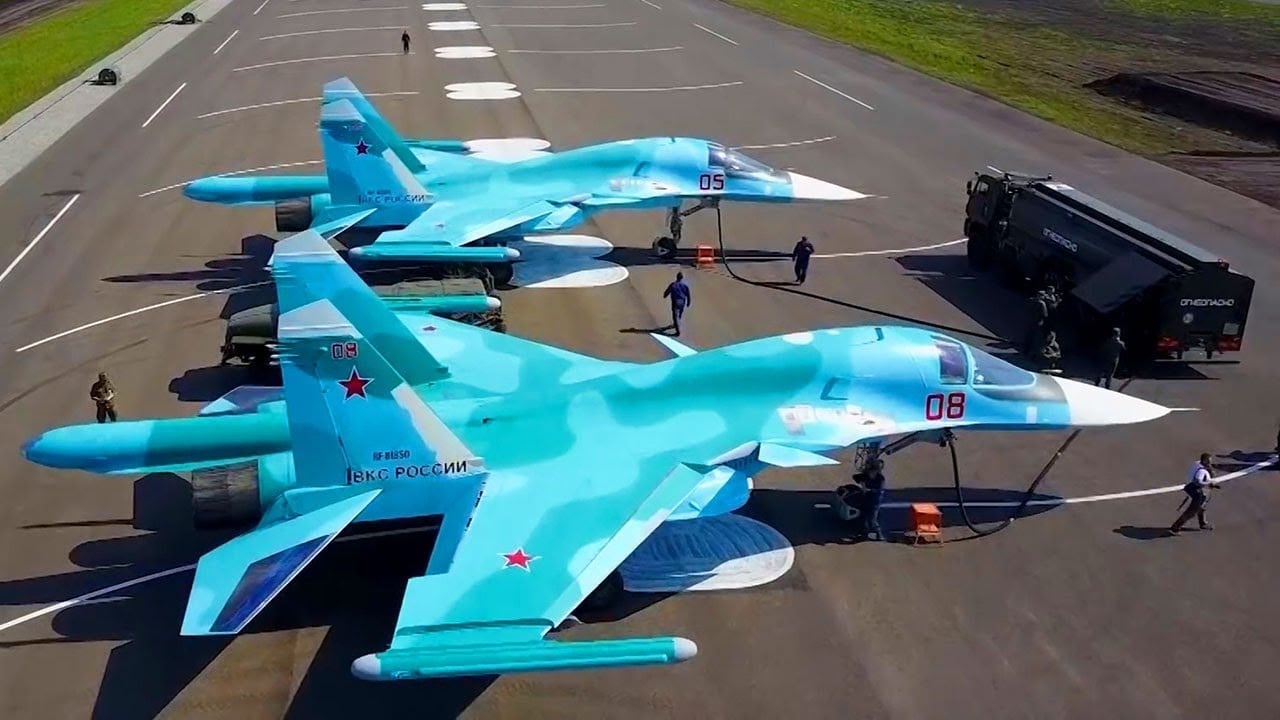How dangerous is Russia’s military after all? During the 2012 Presidential Election, then-Republican candidate Mitt Romney, who is currently serving as a United States senator representing Utah, warned that Russia remained America’s great geopolitical threat.
“This is without question our number one geopolitical foe,” Romney said a decade ago while on the campaign trail in March 2012. He reiterated his stance during an October 2012 debate with President Barack Obama and was quickly mocked for it.
“The 1980s are calling to ask for their foreign policy back,” Obama quipped. “Because the Cold War’s been over for 20 years.”
Then-Vice President Biden also scoffed at Romney’s suggestion that Russia remained a significant foe on the world stage, stating, “Romney acts like he thinks the Cold War’s still on… I don’t know where he’s been.”
In recent years, Obama and Biden have admitted that those comments haven’t aged well, and Russia under President Vladimir Putin has been seen again as a “near peer” adversary. Moscow has made great strides in developing advanced weapons, including its hypersonic missiles.
Russia has certainly stirred up trouble, including its 2014 annexation of Crimea, while Moscow has sought to expand its presence to overseas bases in Africa and the Middle East. The 1980s didn’t call, but the United States certainly has found itself in Cold War 2.0.
Moreover, as Russia massed its forces on the border prior to its unprovoked invasion of Ukraine, it seemed that the Russian bear was showing its claws and was again a near peer adversary to fear.
“Putin’s Ukraine invasion is the first time in 80 years that a great power has moved to conquer a sovereign nation. It is without justification, without provocation, and without honor,” Romney said last month after Russia launched its attack.
Romney also recalled his past warnings, adding, “The ’80s called, and we didn’t answer.”
Then It Invaded
Perhaps Romney was right, even if Russia’s performance in Ukraine has shown considerable shortcomings.
Russian tanks have been destroyed in ambushes, while others have been reportedly “stolen” by Ukrainian farmers who have used tractors to tow them away. Russian casualties have mounted, and its combat losses after just three weeks have already overtaken Soviet casualties in Afghanistan over a nine-year period beginning in 1979.
Russia has also lost as many soldiers in Ukraine as the United States lost in Afghanistan and Iraq since 2001!
What is clear is that even if Russia has shown itself to be more of a paper tiger than a mighty bear, NATO won’t – and shouldn’t – let its guard down. Across the alliance, member states are increasing defense spending, while Sweden and Finland are moving ever closer to joining the alliance.
Officials from the United States Air Force have also made it clear that Russia’s setbacks won’t give them reason to rethink existing strategy or spending.
“I don’t know that, for me personally, it’s really changed my perspective,” Air Force Chief of Staff Gen. Charles “CQ” Brown Jr. told reporters March 3 at an Air Force Association conference in Orlando, Air Force Times reported.
“We will learn more and more … to really make an assessment of how we need to think about the Russians in the future,” Gen. Brown added.
Russia’s invasion of Ukraine may have revealed significant problems with its military’s logistics, command and control, and even attempts to maintain control of the skies.
Lessons From History
It might be easy to dismiss Russia given its setbacks in Ukraine, but history offers a reminder that Moscow has overcome far worse.
The Soviet Union showed that it was largely unprepared when it launched its assault on Finland in 1939. It faced a determined enemy that it thought it would quickly defeat. Instead, the “ Winter War” dragged on for months, and the Soviets looked weaker for it.
That helped convinced Nazi Germany that it would quickly roll over the Soviet Red Army, which did take significant losses and faced serious setbacks in the early stages of the Nazi invasion, but the Soviets came back stronger than ever.
The United States and NATO would be unwise to believe that Russia isn’t still a significant threat. It is a nuclear power, has been more successful than the United States in developing hypersonic weapons, and still has a sizeable force of submarines and combat aircraft.
Nations often come back stronger from tough fights, as the military undergoes reforms to address shortcomings. Russia will learn from its mistakes, and possibly even be battle-hardened albeit battered in the process. Should Russia actually lose in Ukraine, this bear won’t be declawed.
Now a Senior Editor for 1945, Peter Suciu is a Michigan-based writer who has contributed to more than four dozen magazines, newspapers and websites. He regularly writes about military hardware, and is the author of several books on military headgear including A Gallery of Military Headdress, which is available on Amazon.com. Peter is also a Contributing Writer for Forbes.

